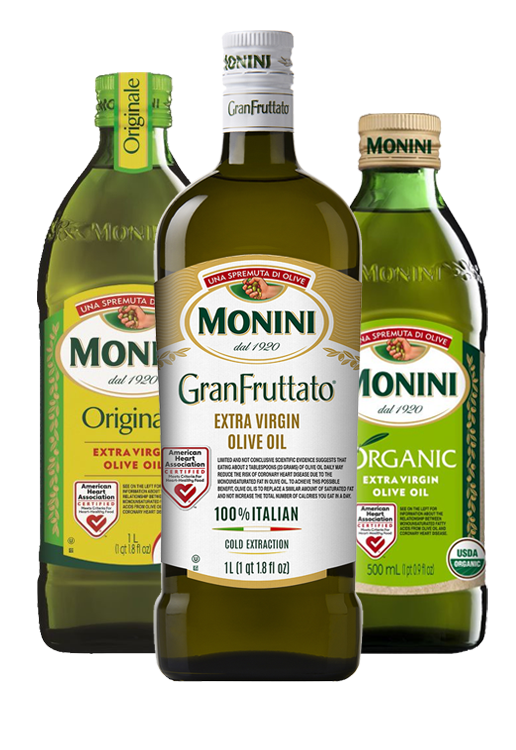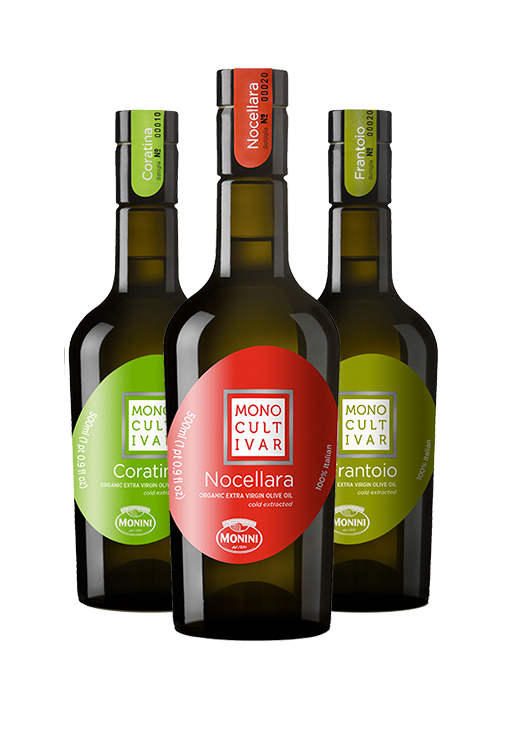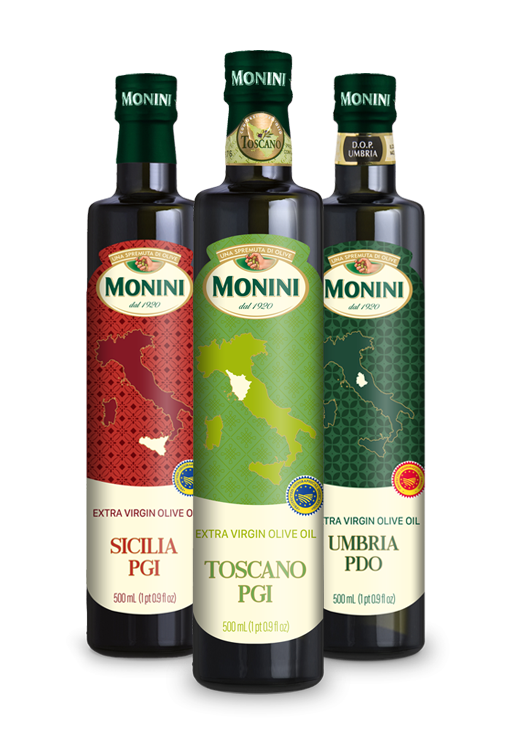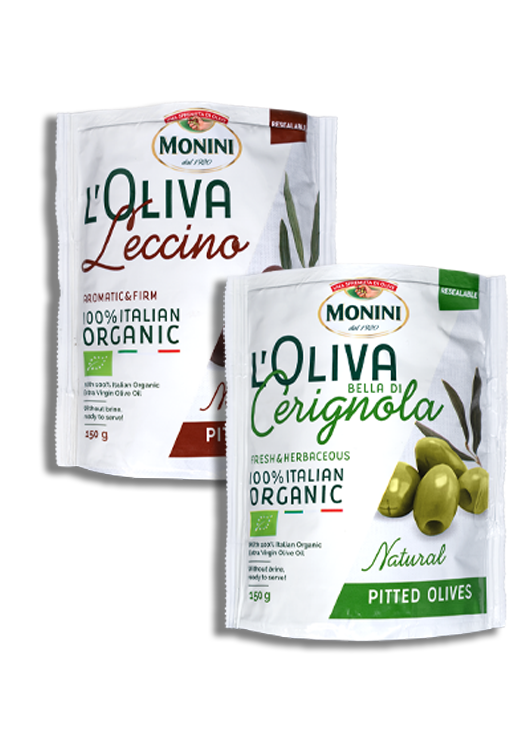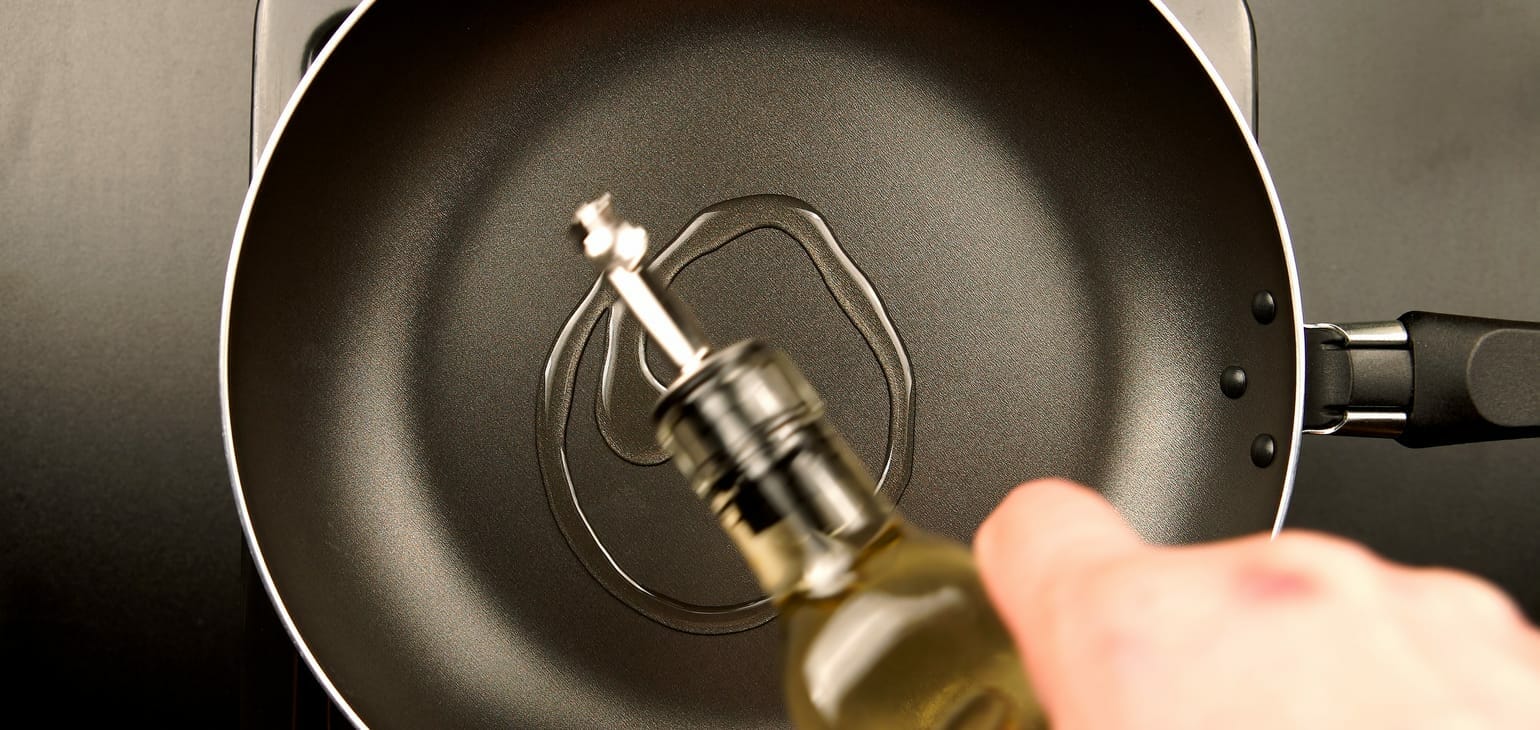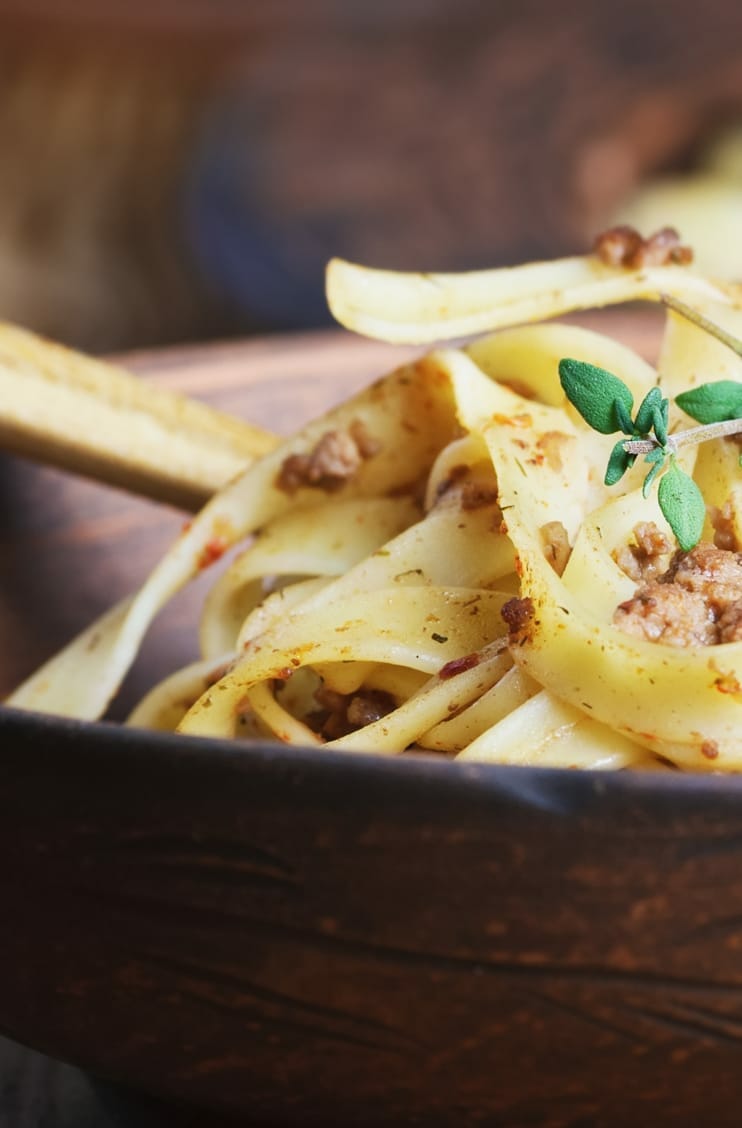Tasting Guide
• Recognize a good olive oil• Tasting ritual• Using oil in the kitchen• How to preserve Extra Virgin olive oil
The fruit of the olive tree
• The oil dictionary• The classification of oils• Wellness in EVOO• Production areas• Olive varieties
Extra Virgin Olive oil History
• The Origins• Past Technology• Today's Technology• Myths and Legends
